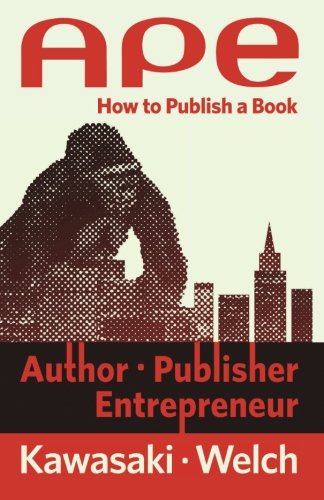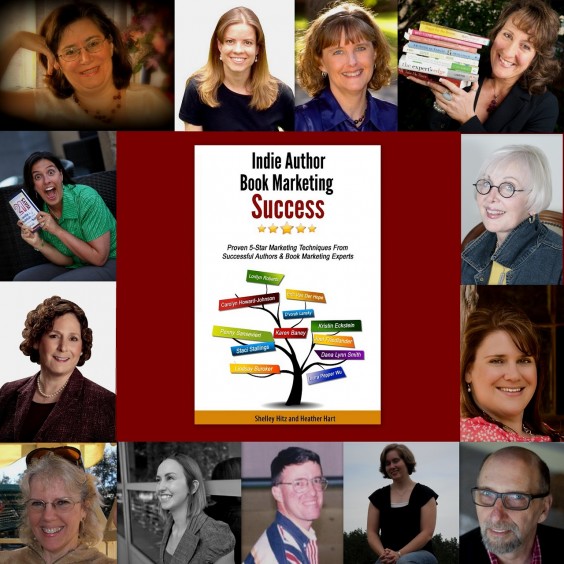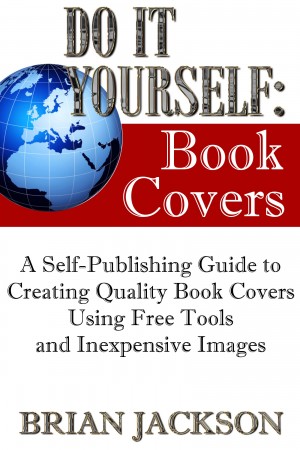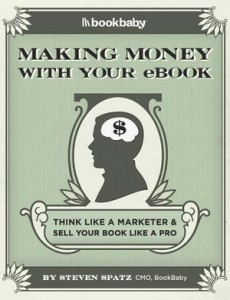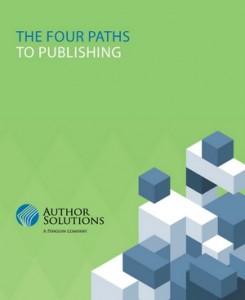 WRITERS. In a white paper, Keith Ogorek of Author Solutions Inc. contends that four clear paths now exist for authors who want to get published. Thanks to advances such as desktop publishing, print-on-demand technology, and Internet distribution, authors can choose from these four options:
WRITERS. In a white paper, Keith Ogorek of Author Solutions Inc. contends that four clear paths now exist for authors who want to get published. Thanks to advances such as desktop publishing, print-on-demand technology, and Internet distribution, authors can choose from these four options:
- Do-It-Yourself (DIY) Publishing
- General Contractor
- Publishing Package
- Traditional (Legacy) Publishing
Choosing the path that’s right for you requires understanding the advantages and disadvantages of each approach.
For example, Ogorek notes that authors who choose the low-cost DIY route should still expect to spend some money–either for design, editing, or publicity.
The General Contractor publishing path involves hiring and coordinating the work of specialists, such as editors, book designers, and publicists.
Publishing Packages offer a one-stop source of help with design, conversion, distribution, and publicity. You will know from the start how much the services cost, and have a single number to call when you have questions or concerns.
Traditional Publishing requires you to find an agent to represent you and sacrifice some control over the finished product and how quickly it gets to market.
Even though these choices can be confusing, Ogorek still believes, “Now is the best time in history to be an author.” He reminds us that “Not that long ago, very few people could get published. Now, everyone can get published if they pursue on the the four paths.”
Of course, not every published author will succeed, but with these new publishing options, “Everybody has the opportunity to be successful.”
Self-Publishing Panel at Book Expo America 2013
At Book Expo America 2013 in New York, Keith Ogorek will be joining other publishing experts for a panel discussion entitled “Self Publishing: Disrupter or Defender of the Book Business?” The other panelists are: James McQuivey, author of “Digital Disruption”; Christopher Kenneally of the Copyright Clearance Center; and Angela James of Carina Press.
The group will discuss the disruptive effects that the growth of self-publishing will have on traditional industry players and some factors that drive established trade/literary authors to various start-up players in e-book publishing. The panel discussion is scheduled for 2 pm on Friday, May 31.
Book America Expo (BEA) is North America’s largest gathering of book trade professionals.It is organized with the support of the Association of American Publishers (AAP) and the American Booksellers Association (ABA). The 2013 event will take place May 30-June 1 at the Jacob Javits Center in New York.
About Author Solutions
Author Solutions is a member of the Penguin Group and a leader in indie book publishing. ASI’s self-publishing imprints (AuthorHouse, AuthorHouse UK, iUniverse, Palibrio, Trafford Publishing, and Xlibris) have helped more than 170,000 authors bring more than 200,000 new titles to market.
LINKS
White Paper: Four Paths to Publishing


